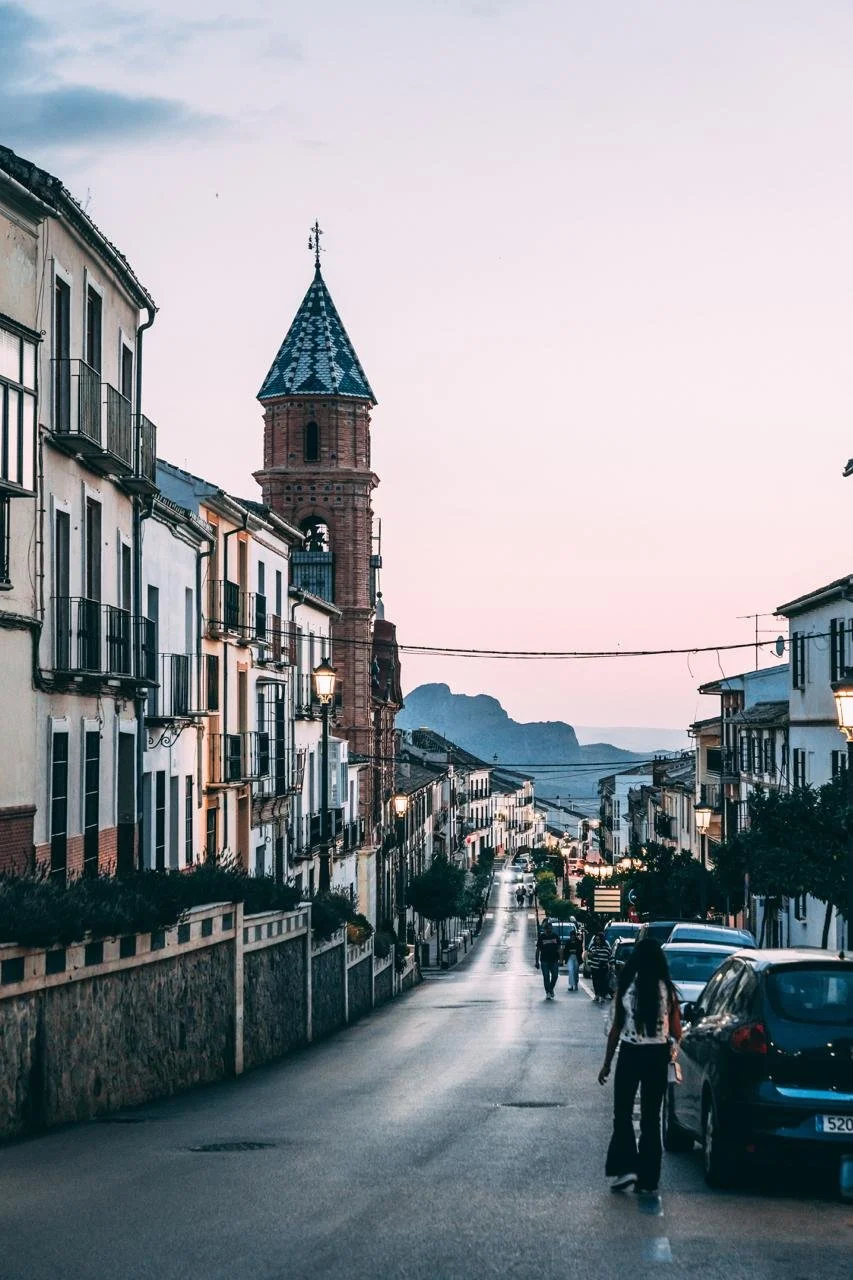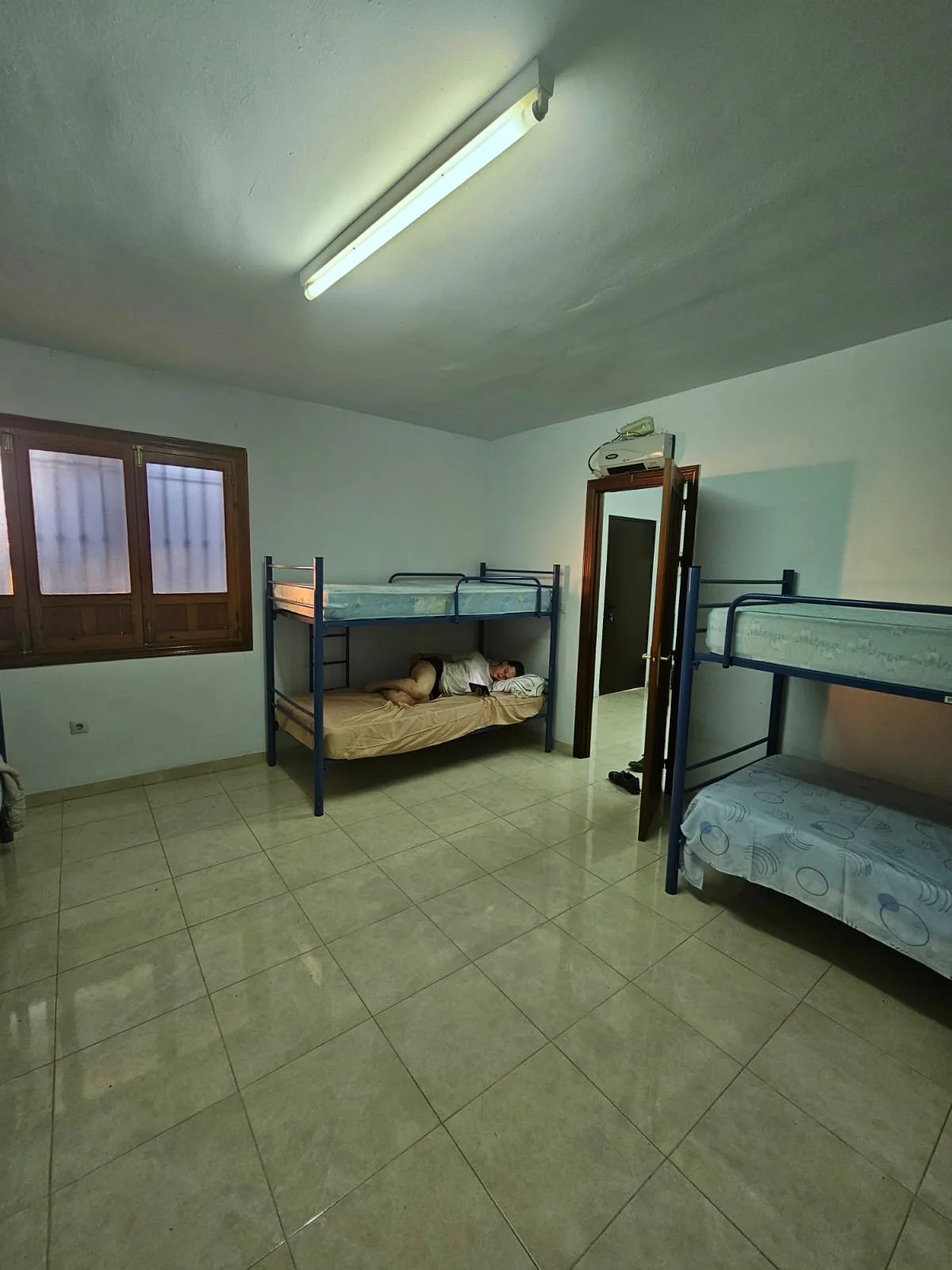The Road Provides
By Penina
“The trail provides,” said Bubbles, the Pacific Crest Trail hiker, when we unexpectedly stumbled on a cooler full of cold beer on a hot and dusty day. She was referring to an inexplicable phenomenon while long distance hiking, when whatever you need most happens to be right around the next corner. A good tent site. A clean water source. A friendly ride to town. If your phone service is acting up, a former Verizon employee is sure to hike by. On the day your tent breaks, you’ll bump elbows with an engineer. Somehow, at the moment when you need something the most, when you’re beginning to doubt exactly how you’ll manage to continue, the trail provides. This expression is also an attitude— a call to not stress too much about the challenges to come; to prepare as much as you can, and then trust that things will work out.
On our trip, we say “the road provides.” When the sun glares, the cool ocean breezes blow. When the ascent seems too steep to continue, it will level out for a minute to let us catch our breath. When the day is dreary, we’ll turn a corner into the most beautiful mountain range we’ve seen. When we need a place to stay, a kind local or friendly town will arrange a safe place to sleep, whether in the local park or outside a garage door factory.
Once, when hiking on the Pacific Crest Trail, we hitched a ride into town with a day hiker from Denver. We decided to pull into a roadside food truck on the hour drive from the trailhead up in the Sierra Nevada to Lone Pine. It was hot, dry, and dusty— we’d left the trees and snow behind on the craggy, jagged mountains we could still see at a distance. Sitting there, with our tacos and Jarritos orange sodas, we struck up a conversation with a couple motorcycling up and down Highway 395, which rambled up the Eastern edge of California. We were telling them about our trip, and mentioned that whenever we were in desperate circumstances, “the trail provides.”
“No,” said the leather-clad woman. “God provides.” I wasn’t so sure, but nodded out of politeness, and agreeing with the general sentiment of gratitude.
On one our first days in Spain, we were riding through Andalucia, the southernmost region of Spain. It was nearing sunset, and we didn’t have a place to sleep. We’d had good luck the past few evenings rolling into the local bar in 2,000-person towns and asking for a safe place to pitch our tent. The “bar” in Spain means something very different from what it means in the US. In Spain, bars are a mix of early morning cafe, casual restaurant, and late-night buzz, full of intergenerational community— young parents with their children, groups of friends, and empty nesters, who gather in the cool night to sip cold drinks and socialize after hot days spent inside. The towns were small but dense, with white, beige, and brown buildings with terracotta roofs nestled against each other. Bright cloths shielded open doorways from the sun. The streets were narrow, and as the sun softened its glare, people would sit on the stoop, watching the world pass by. They’d wave to us, smiling, if perhaps a little confused about what these out-of-towners were doing cycling through with bulging, bright bike bags.
These experiences had been lovely— people showed a genuine interest in our trip and were excited that we had come through their tiny towns. Twice they called the alcarde, or local mayor, so we could ask for official permission to camp. Once the alcarde happened to be sitting right at the bar enjoying a local brew. We felt safe and welcomed.
But this one evening, the sun was turning golden in the sky and we were stuck in Archidona, a town that had the same narrow cobblestone streets and earthy color scheme of the rest of Andalucia, but at 8,000 people it was too big for our strategy. We were less than two weeks into our trip, and we had yet to take a full day off. My clothes were stinky, my skin sticky, and I was developing painful saddle sores. It had been almost a week since we’d last done laundry or showered. My muscles were sore, and by the end of each evening, I was totally depleted. We had just finished our hardest climb yet, and my legs wobbled on every single step.
We sat on a bench on the side of the road to catch our breath. We looked around at the multiple bars, restaurants, and shops on just this one street. The people didn’t meet our eyes— they hurried by, uncurious and uncaring about what we were doing with our fully loaded bikes. We were far from the next town, separated by many steep climbs. If we pushed on, we’d be cycling into the night, a frightening prospect on narrow winding roads with no shoulder or cycling lanes.
Archidona
A police car was slowly driving past. We looked at each other, and leaped up from the bench, waving our arms for them to stop. An experienced bikepacker friend, who had spent years cycling around Europe, Asia, and the Americas, had advised us to ask local police for permission to camp, and we decided that this night was as good as any to try out a new strategy.
“Excuse me, I have a quick question,” said Jeremy, in Spanish. “We’re traveling from Lisbon to Vietnam on our bicycles." The police nodded his head and raised his eyebrows. “We were passing through and were wondering if there might be a place nearby that’s safe for us to pitch our tent. We will be out very early in the morning. We don’t want to bother anyone.”
The officer looked us up and down. “Follow me,” he said.
We biked behind his car. He had a gruff, serious face and was sparing with his smiles, and I was on edge following his car. When we arrived at the police station, he stepped out of his vehicle, thick legs firmly planted, arms crossed.
“I need your documents.”
Giving up my passport seemed inadvisable, so I handed him my driver’s license. He disappeared into the station, and emerged with a key.
“This is a key for our Albergue de Peregrinos. You’re welcome to stay there for the night.”
We looked at him, confused. “What?”
“Our Albergue de Peregrinos. You know, a place for travelers and pilgrims to sleep. There are beds and showers. You guys will have the place to yourselves. Just make sure you bring the key back tomorrow, and I’ll return your documents.”
I nearly cried from joy at the thought of a shower and a soft bed for the night. This was ringing a vague bell, from half-forgotten hiker blogs and videos of the Camino de Santiago. Albergues are pilgrims’ hostels, generally built to serve pilgrims walking to Santiago de Compostela, a religious pilgrimage. The officer led us to a modest single-story structure adjoining the church. We dragged our bikes into the common space, which was furnished with a plastic table, chairs, a sink, and a water kettle. On one side, there was a room lined with bunk beds. On the other, two showers.
“Do these have hot water?” I asked, not daring to hope.
“Yes, absolutely,” he said. “Enjoy. Let me know if you need anything.”
The showers were a little dingy, the bunk room a little stuffy, and the accommodation as a whole quite modest— but to us, it felt like the lap of luxury. That shower was one of the best I’ve ever had in my entire life. I tried to read before bed but my eyes shut before finishing a page, my body eager to hide from the difficult day in the safety of sleep.
Trying to read in the albergue after a long day
I don’t believe in an interventionist God who sits up in the sky twiddling His thumbs waiting until we’re in a pickle so He can swoop in and help us out. But, in a way, God did provide that day— or, at least, people, moved by the idea of God, provided us with a safe and comfortable place to sleep. We left the next morning refreshed and ready to push through the next few days.

